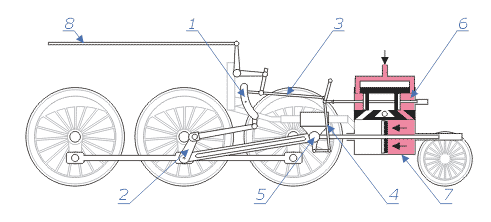Microsoft Teams Classic to Cease Operations on July 1, 2025

On July 1, 2025, Microsoft will permanently shut down its legacy video conferencing application, Microsoft Teams Classic, marking the end of support for a platform that has been a staple for many organizations since its inception. The decision to phase out Teams Classic comes exactly one year after its official end-of-life (EOL) announcement, which took effect on July 1, 2024, when users were encouraged to transition to the new version of Microsoft Teams.
The shift to the new Teams began in March 2023, when a preview version was released to users. Despite this advance notice, many individuals and organizations have continued to use Teams Classic due to reported issues with the new application. As documented by Microsoft, users have faced several challenges, including functionality bugs and integration problems that have not yet been fully resolved. According to a statement from Microsoft’s Chief Product Officer, Jared Spataro, "We understand that change can be difficult, but we are committed to providing a better user experience with the new Teams."
The significance of this transition is underscored by the critical nature of video conferencing tools in today’s hybrid work environment. As businesses increasingly rely on remote communication solutions, the discontinuation of Teams Classic raises concerns regarding data security and user functionality. Microsoft has emphasized that Teams Classic will no longer receive security updates post-shutdown, which is a pivotal factor for organizations that prioritize cybersecurity.
Dr. Emily Carter, a professor of Information Systems at Stanford University, notes that “the decision to discontinue older software versions is common in the tech industry, yet users often face significant hurdles during the transition to newer systems.” She emphasizes that organizations should actively prepare for such transitions to mitigate operational disruptions.
From an organizational perspective, IT administrators are advised to implement policies that direct employees towards using the new Teams app effectively. This can be achieved by disabling the classic mode and enabling the new Teams only mode via the Teams Admin Center. However, this strategy may require a comprehensive training approach to ensure employees are adequately prepared for the new interface and functionalities.
As the deadline approaches, users have reported mixed experiences with the new Teams application. Feedback collected from various forums indicates that while some have found the new features advantageous, others have encountered persistent issues that hinder productivity. According to a survey conducted by Tech Research Institute, 47% of users expressed dissatisfaction with the new platform, citing difficulties in navigation and integration with other tools.
The international perspective on the transition is also noteworthy. Similar platform transitions have occurred across the tech landscape, with companies like Zoom and Slack also evolving their offerings to meet user demands. The lesson learned from these transitions is that effective communication and user support are key to a successful migration.
In conclusion, as Microsoft Teams Classic ceases operations, organizations must navigate the complexities of software transitions while addressing user concerns. The implications of this shift extend beyond mere software functionality; they touch on the broader themes of cybersecurity, user experience, and organizational adaptation to technological change. Moving forward, businesses will need to remain vigilant and proactive in leveraging the capabilities of new communication tools while ensuring their teams are equipped for success in an increasingly digital workplace.
Advertisement
Tags
Advertisement





